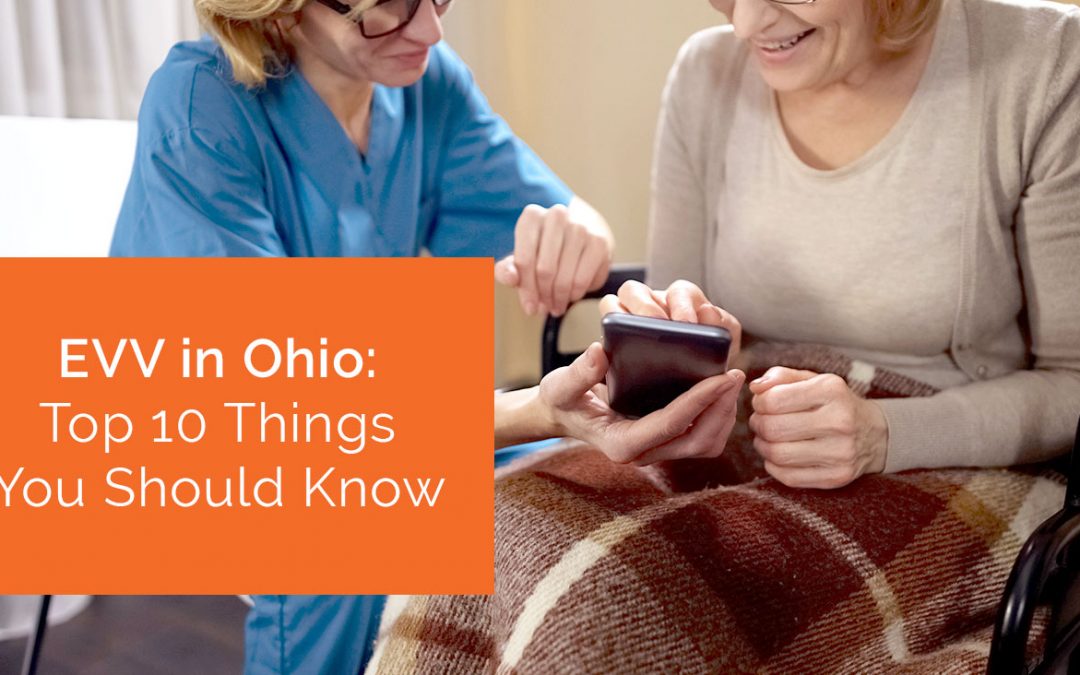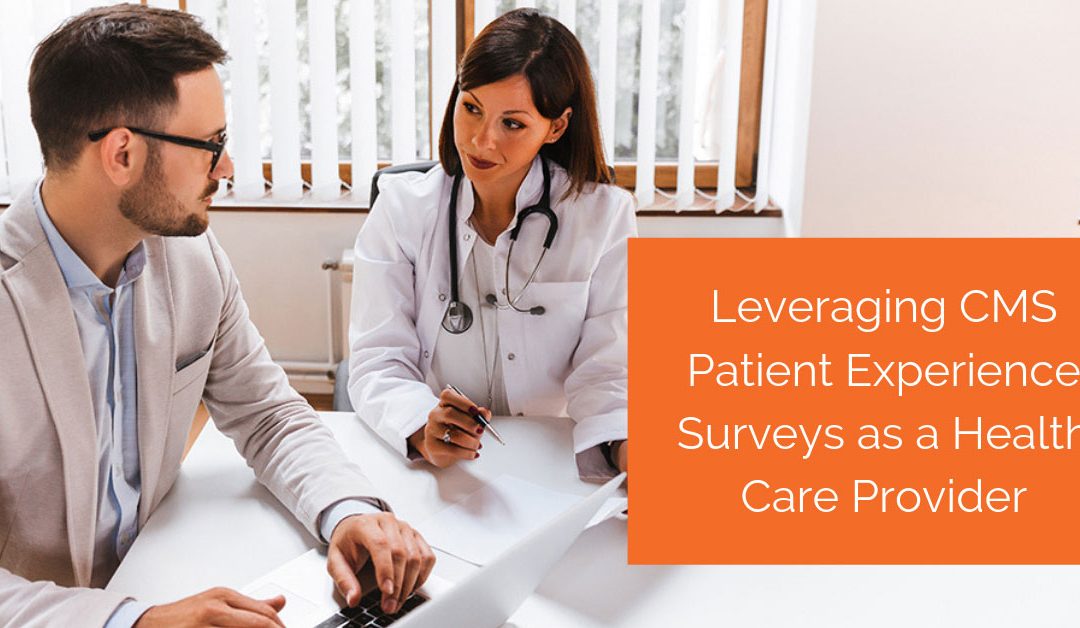Apps have become an integral part of nearly everyone’s lives. Want to know what the weather will be like across the country during your vacation? There’s an app for that. Want to keep track of the books you’ve read, and your friends’ recommendations? There’s an app for that. Whether you want to keep up on news and trends, take notes, play games, or pretty much anything else, there’s an app for your smartphone or tablet that can meet your needs.
It only makes sense, then, that apps have extended into health care. In fact, some have even predicted that apps will be a game-changer in health care, changing the ways that patients access health care, how data is collected and used, the development of new treatments, and how providers and patients communicate, and more. Already there are more than 100,000 health care-related apps available, and by 2020, the mobile health care market is expected to be worth nearly $60 billion.
Clearly, apps are here to stay. And for home health agencies in particular, mobile technology has some significant benefits that can benefit both caregivers and patients. If you haven’t yet adopted mobile solutions for your company, here are some compelling reasons to make that a priority.
Improved Efficiencies
Home health workers spend a lot of time in the car every day — the average distance between client visits is about 11 miles, with workers in more rural areas, like Maine, traveling an average of 35 miles between clients. When scheduling visits, agencies must be mindful of travel time, which can present challenges. A power scheduling tool with integrated mapping functions can prevent some of those headaches, allowing providers to schedule visits and create routes that are the most efficient and productive. In addition, GPS capabilities can eliminate the need to submit mileage reimbursements, and schedule changes can be made automatically from the back office, without having to make calls.
Scheduling isn’t the only way that apps can make your agency more efficient though. Some of the other ways apps can help include:
- Eliminating the need for telephone verification from the client’s home. GPS can supply the required accountability for the visit.
- Eliminating the need for providers to complete and submit paperwork after visits. Via a secure portal on the app, providers can use their tablets to access the care plans for the patient, and automatically record tasks as they are completed, with notes. Not only does this increase efficiency, but also the accuracy of records and the delivery of care. Tasks cannot be skipped or forgotten without explanation, and automatic entry of information prevents the likelihood of transcription errors.
Improving the efficiency of visits can also create financial benefits for your agency.
Reduced Costs
A customized application for your agency does require an investment, but the improved efficiencies and cost savings outweigh those initial costs. For instance, simply rerouting caregivers and reducing their time on the road can cut travel expenses and mileage reimbursements. Automated checklists can help ensure compliance with patient care plans and other regulations, improving agency performance and ensuring the highest levels of reimbursement. Automated reporting also helps your agency identify potential issues quickly; for example, if visits are too long or too short, you can investigate the problem and make changes before they negatively affect the business. And of course, apps can save money in the back office by digitizing some of the functions that have been traditionally handled on paper, such as time sheets and payroll.
Improved Communication
Communication between your agency, other health care providers, patients, and family members is vital to excellent outcomes. In fact, by some accounts, the future of home health is closely tied to providers’ ability to work within the provider ecosystem. In other words, home health providers need to be able to quickly and efficiently communicate with a patient’s physician, other providers and family members, preferably in real time, to discuss progress, potential issues, and ask questions. This communication allows for improved coordination of care, as well as supports better outcomes by keeping everyone “in the loop,” and aware of issues before they become more serious.
Point-of-care applications are only in their early stages, but are already making a measurable difference in the quality of care for home health patients. Dedicated apps for managing patients and agency functions can help streamline care and ensure compliance with documentation, but additional apps can also help your providers find important information when they need it, take and store notes, manage their time, and more. In short, if your agency is not yet using mobile apps, the time has come to give your employees these valuable tools.
To learn more about mobile application solutions that can help your agency become more efficient while boosting the bottom line, check out what Complia Health has to offer. You can read more and check out some informative webinars here.




